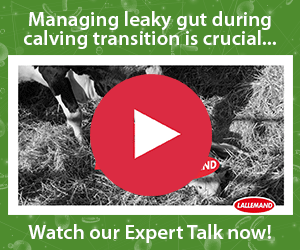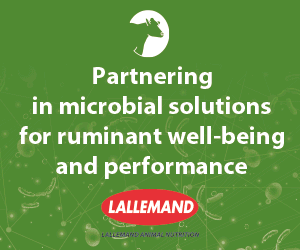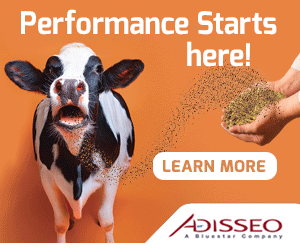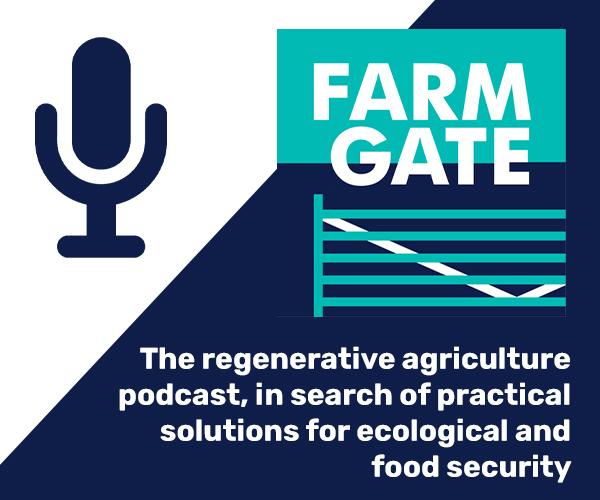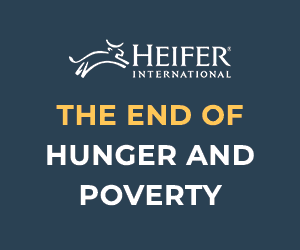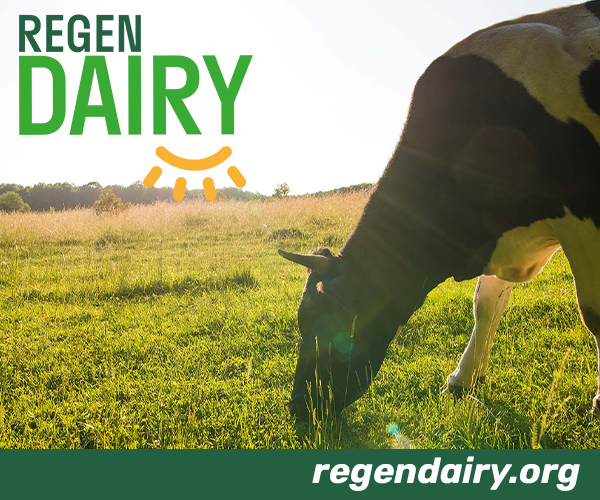



EU Feed Industry Moves Towards More Responsible Soybeans Sourcing
EU - The European feed manufacturers association, FEFAC, has issued an update on its 'roadmap' for sourcing responsible soybeans, showing where progress has been made and where more needs to be done.The FEFAC roadmap contains the key issues for the EU feed industry linked with the supply of responsible soy to Europe, as well as a project plan for the setting up of an independent benchmark systems of existing certification schemes against the set of the FEFAC minimum import criteria for which FEFAC will launch a tender procedure and cooperate with IDH (the sustainable trade initiative).
The main objective is to foster mainstream market solutions for the supply of responsible produced soybean products to EU feed markets, given that none of the currently available certification schemes have yet achieved 'critical mass'.
FEFAC, representing the European compound feed and premix industry, is committed to support value chain initiatives to increase the responsible supply of feed ingredients to improve the sustainability of feed and livestock products.
Protein sources are essential to achieve a balanced diet for food-producing animals. The EU, however, is not in a position to provide enough home-grown protein feed materials to fulfill its own requirements due to agronomic reasons and CAP policy measures, favouring cereal production.
The EU feed industry therefore needs to source its proteins on the global market, on which soybean meal has been the most important source for many years. In certain export countries, the production of soya is sometimes associated with negative effects on the local population and the environment. In order to address these issues, FEFAC has joined the global Round Table on responsible soy in 2006 which developed the responsible soy 'Principles and Criteria' in a multistakeholder process.
In the meantime, several certification schemes for responsible soy have been developed, while national framework legislation in export countries have been reviewed and adapted to meeting environmental and social objectives. These initiatives, e.g.. Amazon soy moratorium in Brazil, already have made a significant contribution to address and alleviate negative impacts associated with soy production.
However, FEFAC members are conscious that more work needs to be done and therefore developed a road map towards responsible soy with the main objective to facilitate mainstream market supply of responsibly produced soybean products to Europe.
Key issues for the European feed industry
The key issues identified by FEFAC members for the supply of responsibly produced soybean products are as follows:
- Responsible working conditions (no child labour, forced labour, discrimination and harassment)
- No purchase from illegally deforested land, including land cleared of native habitat, except in compliance with national legislation and mutual agreements resulting from a continuous multi-stakeholder process
- Good agricultural practices with key emphasis on agrochemicals application an legislation (respect of Stockholm and Rotterdam convention)
- Respect for legal use of land/land rights
- Protection of Community relations
Key elements of the FEFAC Roadmap
The EU compound feed and premix industry:
- agrees on the common goal of promoting the production and supply of responsibly produced soybean meal to Europe, taking into account key principles of RTRS / or equivalent standards, by cooperating jointly to facilitate mainstream market solutions meeting customer demand
- will develop a regular benchmarking system, which will be transparent and operated independently
- will set minimum criteria to facilitate the generation of market volume for the supply of responsibly produced soybean meal to European customers
- will propose a stepwise approach for continuous improvement allowing the building up of market volume
- will communicate regularly with key partners in order to agree on realistic targets regarding the continuous improvement process.
TheCattleSite News Desk


